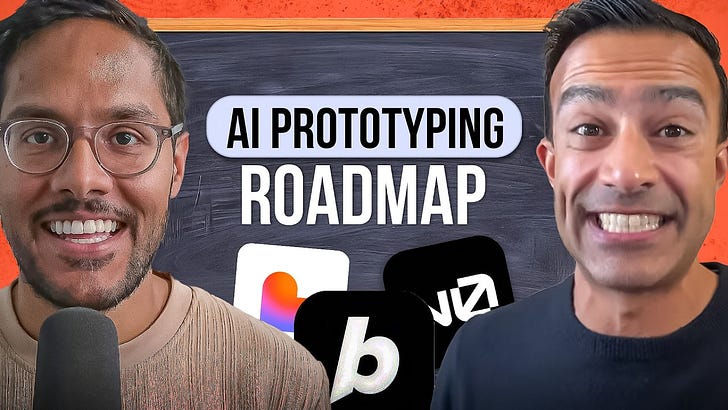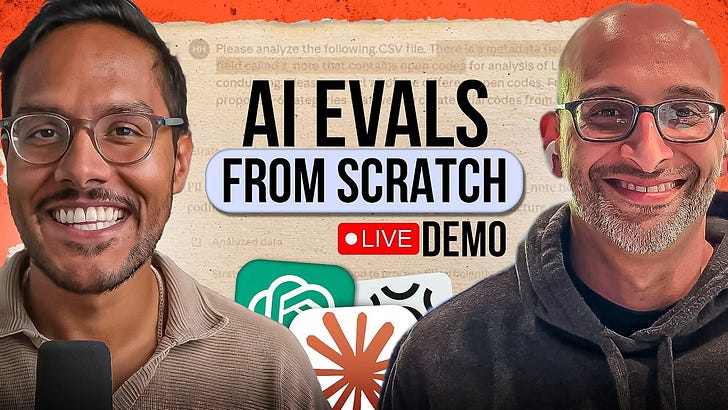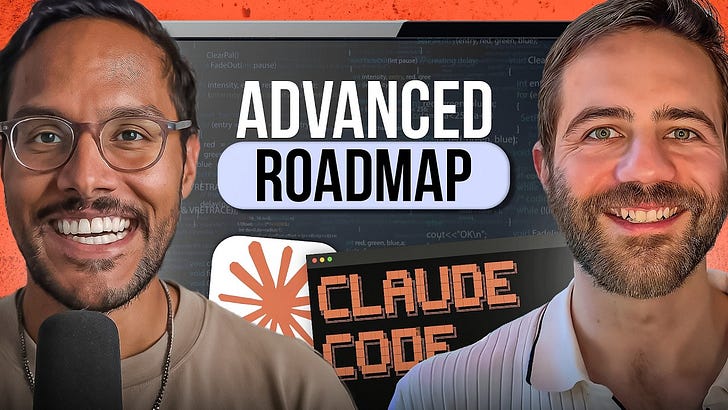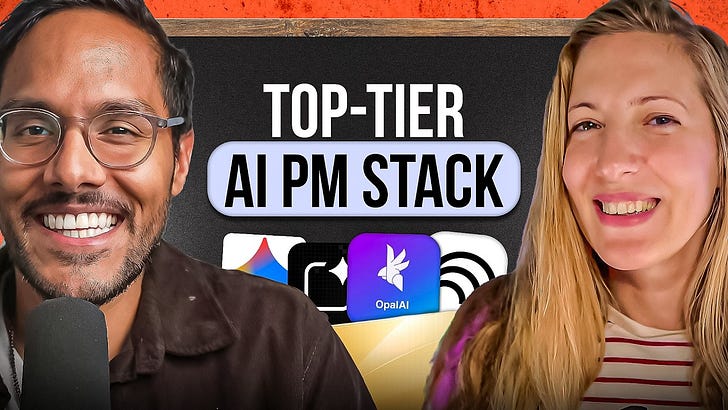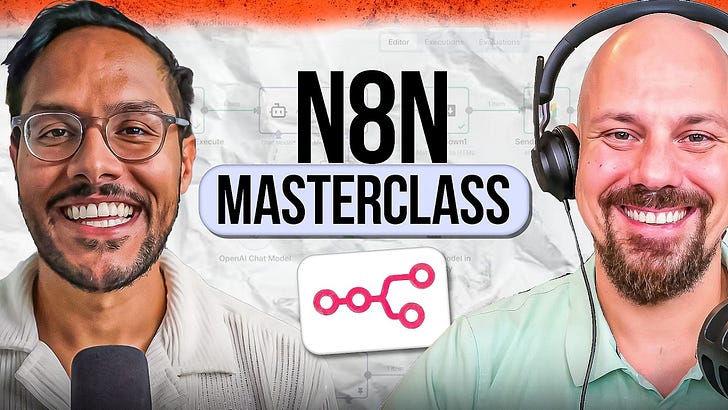Check it out on Apple, Spotify, or YouTube.
And thanks to our sponsors:
Linear: Plan and build products like the best
Miro: The innovation workspace
Amplitude: Try their 2-min assessment of your company’s digital maturity
Today’s Episode
This is a special episode - our first two-time guest.
You all loved Pawel’s first episode, so we brought him back for round two.
But this time we’re talking about how to actually become an AI PM, covering every key skill you need (from easy to hard):
And we’re not just talking. We actually demo it all.
If you’re trying to break into AI PM, or already building with AI and want to level up fast, this episode is your step-by-step guide.
Some of My Favorite Takeaways
1. Prompting isn’t a Trick, it’s the Product
Prompting isn’t something you tack on at the end…
It’s a core part of how the product works.
Well-structured prompts completely change the quality of output.
It’s basically the UX layer for LLMs.
Your goal isn’t to outsmart the model but to teach it how to behave with clear, repeatable instructions.
2. RAG is How You Stop Hallucinations And Keep Your Product Fresh!
Instead of cramming everything into the model or relying on fine-tuning, Retrieval-Augmented Generation (RAG) lets you pull in the right context when you need it.
For example, he used it to pull product changelog data and get accurate responses…
Without needing the model to already “know” that info.
If your product updates often, RAG keeps the AI current without hardcoding anything.
This is how you reduce hallucinations and keep things adaptable.
3. Most PMs Fine-Tune When They Should just Prompt Better
He has seen this mistake countless times: PMs reach for fine-tuning too early.
He showed a side-by-side of zero-shot, few-shot, and a fine-tuned model.
All summarizing a product dashboard.
The few-shot prompt actually did better than the fine-tuned version.
Most PMs go straight to fine-tuning, but with the right prompt structure, you can get 95% of the result!
And it’s way faster, cheaper, and easier to maintain.
4. An AI Agent Is Just a Pipeline That Thinks
The term “agent” gets thrown around a lot, but under the hood, it’s a system that can think:
Intent classification, tool selection, execution logic, and error handling.
If you don’t design for that structure, your agent becomes unpredictable fast.
The real magic happens when you coordinate its behavior with reliable systems thinking and that’s your moat!
5. AI PRDs Need a New Language
Traditional PRDs were built for deterministic systems.
You specify inputs, define expected outputs, and call it done.
You’re not writing “requirements”, you’re writing intent, behavior, and expected failure modes.
Here’s how to write PRDs for AI products:
→ Include structured prompts, not just user flows
→ Provide real input/output examples
→ Define what “acceptable variance” looks like
→ Plan for fallbacks, retries, and recovery UX
Most importantly: You’re not managing the model, you’re collaborating with it.
And if your PRD doesn’t reflect that dynamic, your product will feel brittle, unpredictable, or worse… totally misaligned with user needs.
Where to Find Pawel
If you prefer to only get newsletter emails, unsubscribe from podcast emails here.
If you want to advertise, email productgrowthppp at gmail.
Related Content
Newsletters:
How to Write a Killer AI Product Manager Resume (With Examples)
The AI PM's Playbook: How Top Product Managers Are 10x-ing Their Impact in 2025
Podcasts:
Up Next
I hope you enjoyed the last episode with Spenser Stakes (where we dove into his story of going from broke to building $1.5B company, Amplitude). Up next, we have episodes with:
Brad Schaefer - How to Become a VP of Product
Matt Le May - How to be Impact-First
Aatir Abdul Rauf - VP Marketing, VFairs; 70K+ on LinkedIn
Finally, check out my latest deep dive if you haven’t yet: How to Ace the Presentation Round of PM Interviews (with examples).
Cheers,
Aakash









